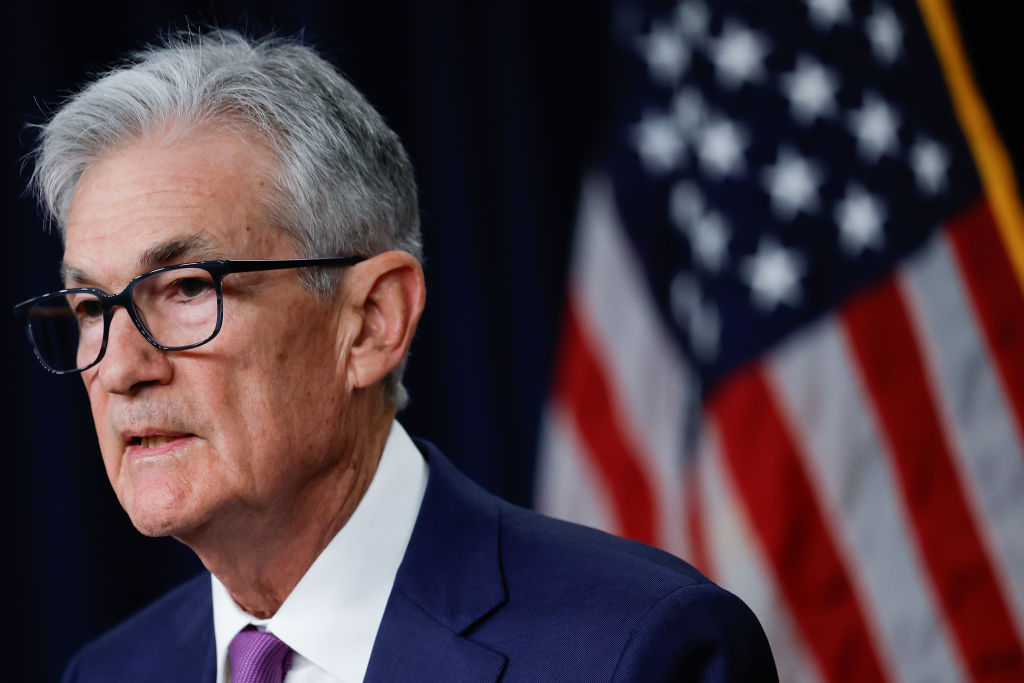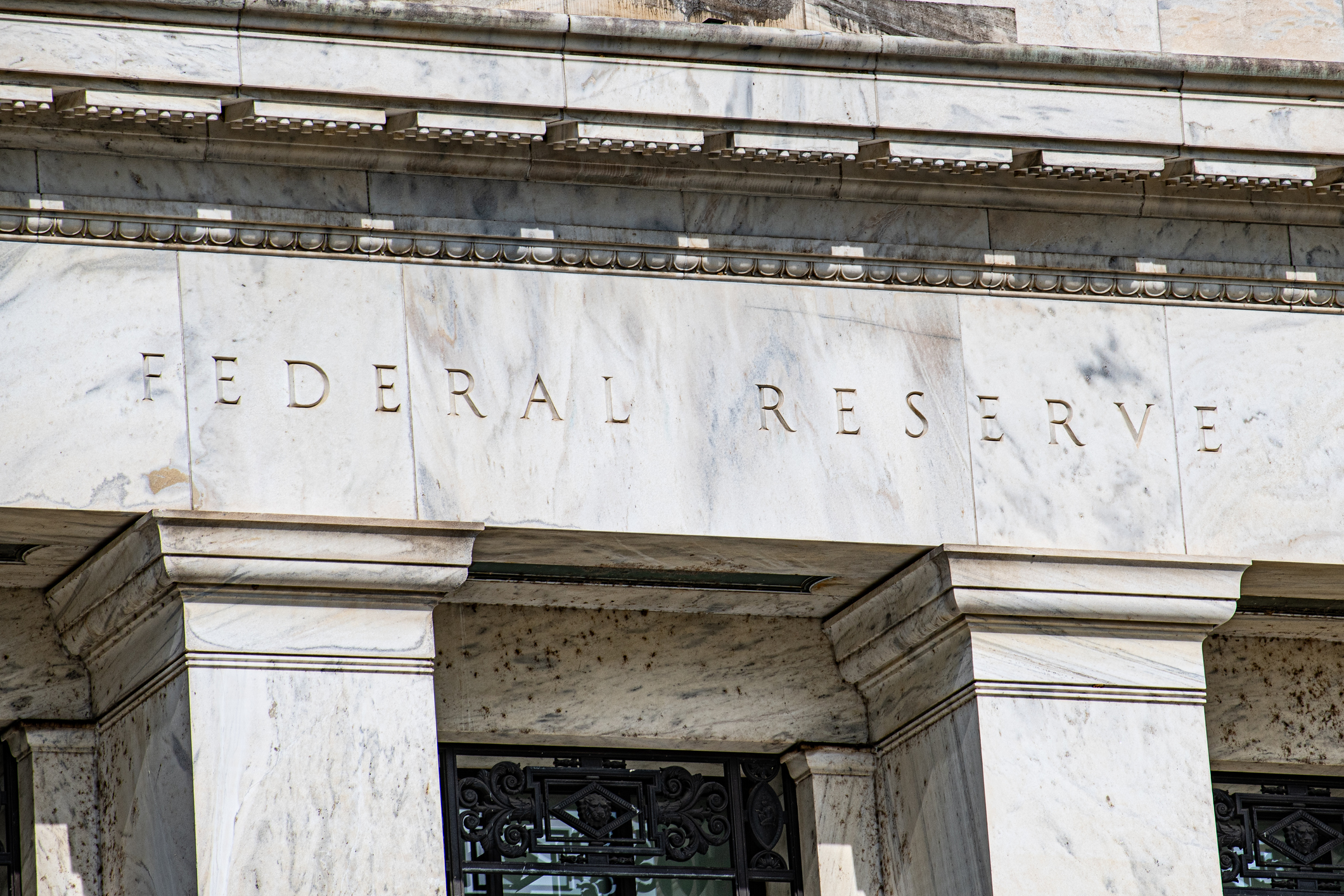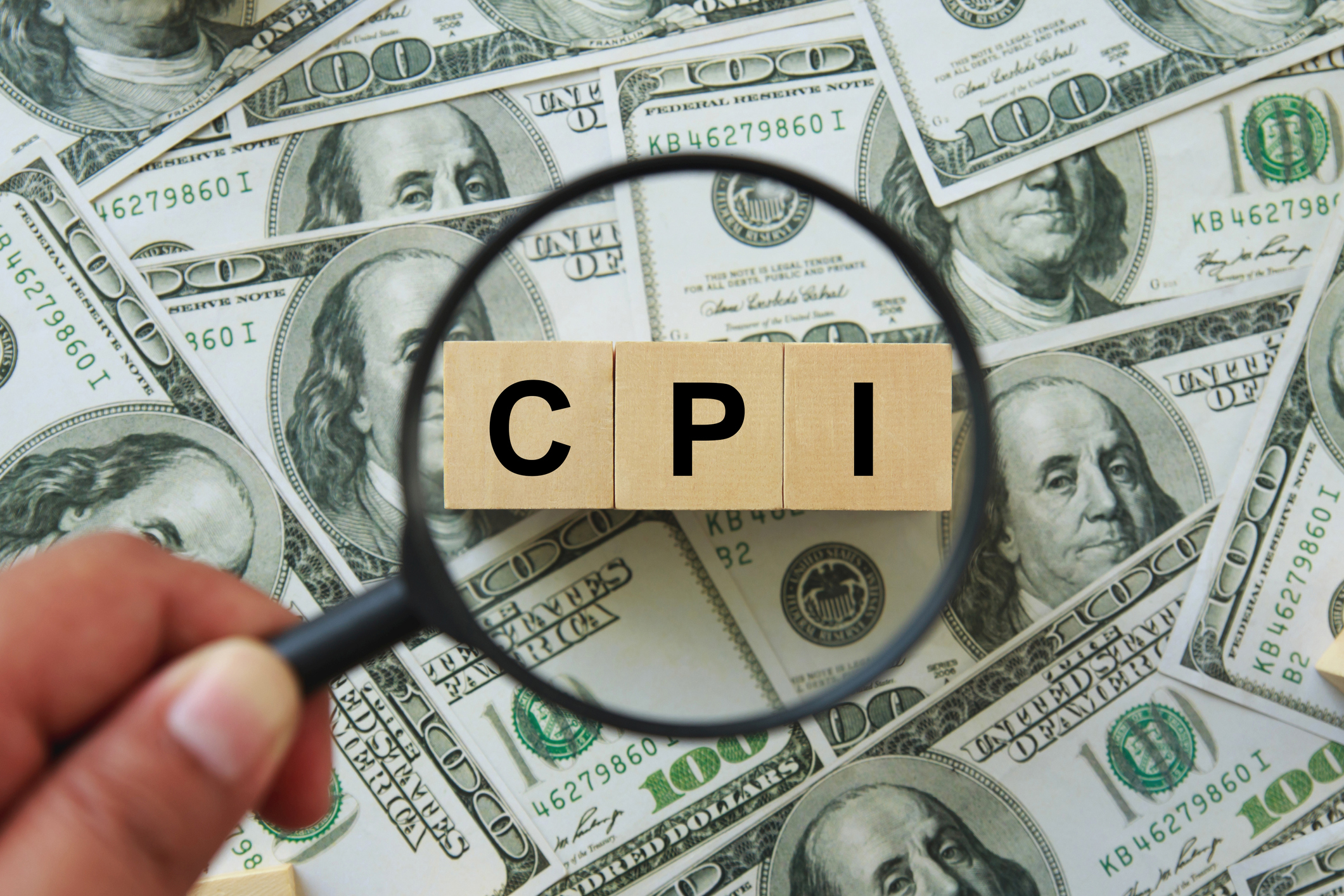What are the chances of a recession? (And answers to more top questions)
Russell Price, Chief Economist – Ameriprise Financial

Are we currently in a recession? Is a recession imminent? How bad could a hypothetical recession get?
Such speculation and questions have been at the forefront of investors’ minds — and the headlines — for months. To help you cut through the noise, we’ve answered your top recession-related questions.
What exactly is a recession? How is a recession defined?
An economic recession is a period in which there is a broad decline in overall economic activity.
Historically, recessions were thought of as being two consecutive quarters of negative economic growth (as measured by real Gross Domestic Product, or GDP). Over time, our ability to measure economic activity has advanced and become much more sophisticated.
Today, the independent National Bureau of Economic Research (NBER) looks at a variety of economic measures to determine if the economy is in expansion or contraction. Key measures include:
- Changes in employment
- Consumer income
- Consumer spending
- Industrial production
Are we currently in a recession?
At the time of this writing, U.S. economic growth appears to be slowing but evidence of a broad downturn is still lacking.
Let’s look at how some of the key economic indicators of a recession are faring:
- Changes in employment: The number of new jobs being created each month remains relatively strong.
- Consumer income and spending: Consumer incomes continue to grow at a strong pace. Consumer spending, meanwhile, has slowed but remains at high levels.
- Industrial production: Manufacturing activity declined in the last two months of 2022, and we believe it could slow further in the months ahead.
Overall, we do not see the economy as currently being in recession, but with further slowing of activity we could yet see one develop in the months ahead.
What are the chances of a recession over the next year?
Currently, we believe the odds of the U.S. economy experiencing a recession in the next year are a little better than 50/50. Federal Reserve interest rates are likely to be at their peak in early 2023. Higher interest rates slow consumer and corporate borrowing and spending. Thus, the greatest negative impact on economic activity is likely to be when interest rates are highest.
What might a recession look like?
If we do see a recession, we believe it would be rather shallow — meaning a modest decline in economic activity — because of low consumer debt burdens, strong corporate balance sheets and a relatively robust job market.
Historically, most recessions occur when consumers are deep in debt. Eventually, consumers exhaust their borrowing capacity, especially if interest rates are rising, and slow their spending. In contrast, consumer debt burdens are currently quite low by historical standards, in our view. Corporate balance sheets and the job market also appear to be in sound shape.
If a recession materializes, will the unemployment rate rise significantly?
Given the current strength of the job market, we believe any rise in the unemployment rate would likely be modest. In December, the unemployment rate was 3.5%, matching its lowest level since 1969. In our view, unemployment is likely to rise this year, but remain below 5%.
What’s the relationship between recessions and the stock market?
It may seem counterintuitive, but stock prices often begin their recovery long before economic activity bottoms or corporate earnings reached their lows. During the Financial Crisis of 2008–2009, the S&P 500 Index bottomed in March 2009. By comparison, the recession did not end until 3 months later (according to the NBER) and corporate earnings, on a trailing 12-month basis, did not bottom until January 2010.
Likewise, during the recession of 1990-1991, the S&P 500 began its rebound in October 1990, long before the recession ended in April 1991 and corporate earnings bottomed (on a trailing 12-month basis) in December 1992. Financial markets typically look forward by 6 to 18 months, so by the time a recession arrives, markets are often already looking forward to the recovery.
What would a recession mean for the housing market?
Housing is likely the sector of the economy that’s most sensitive to interest rates. Given the interest rate hikes already employed by the Fed, mortgage borrowing costs more than doubled last year. The national average cost of a 30-year fixed rate mortgage started 2022 at 3.1% and ended the year at 6.4%, according to the Mortgage Bankers’ Association. New and existing home sales have declined sharply as a result.
Home prices, however, have held up much better than the decline in sales would suggest. Though off their late-spring highs, existing home prices were still 2.3% higher on a year-over-year basis in December, according to the National Association of Realtors. We believe home prices could turn moderately negative on a year-over-year basis in 2023, but a crash in prices is very unlikely given the housing market’s very limited supply.
We’re here to help you prepare for the unexpected
Whether a recession, market volatility or another unexpected financial event, your Ameriprise financial advisor can help you prepare. They can show you how your portfolio was built to weather different economic cycles and share steps you can take to prepare for uncertainty.
Click here to find an advisor
FactSet, Morningstar Direct and Bloomberg unless otherwise indicated. FactSet, Morningstar Direct and Bloomberg are independent investment research companies that compile and provide financial data and analytics to firms and investment professionals such as Ameriprise Financial and its analysts. They are not affiliated with Ameriprise Financial, Inc. The views expressed are as of the date given, may change as market or other conditions change, and may differ from views expressed by other Ameriprise Financial associates or affiliates. Actual investments or investment decisions made by Ameriprise Financial and its affiliates, whether for its own account or on behalf of clients, will not necessarily reflect the views expressed. This information is not intended to provide investment advice and does not account for individual investor circumstances. Some of the opinions, conclusions and forward-looking statements are based on an analysis of information compiled from third-party sources. This information has been obtained from sources believed to be reliable, but accuracy and completeness cannot be guaranteed by Ameriprise Financial. It is given for informational purposes only and is not a solicitation to buy or sell the securities mentioned. The information is not intended to be used as the sole basis for investment decisions, nor should it be construed as advice designed to meet the specific needs of an individual investor. Stock investments involve risk, including loss of principal. High-quality stocks may be appropriate for some investment strategies. Ensure that your investment objectives, time horizon and risk tolerance are aligned with investing in stocks, as they can lose value. Past performance is not a guarantee of future results. The Standard & Poor’s 500 Index (S&P 500® Index), an unmanaged index of common stocks, is frequently used as a general measure of market performance. The index reflects reinvestment of all distributions and changes in market prices but excludes brokerage commissions or other fees. It is not possible to invest directly in an index. The House Price Index (HPI) is a broad measure of the movement of single-family house prices in the United States. It is published by the Federal Housing Finance Agency (FHFA), using monthly and quarterly data supplied by Fannie Mae and Freddie Mac. Investment products are not insured by the FDIC, NCUA or any federal agency, are not deposits or obligations of, or guaranteed by any financial institution, and involve investment risks including possible loss of principal and fluctuation in value. Ameriprise Financial Services, LLC. Member FINRA and SIPC. This content was provided by Ameriprise Financial. Kiplinger is not affiliated with and does not endorse the company or products mentioned above.
Profit and prosper with the best of Kiplinger's advice on investing, taxes, retirement, personal finance and much more. Delivered daily. Enter your email in the box and click Sign Me Up.
-
 Ask the Tax Editor: Federal Income Tax Deductions
Ask the Tax Editor: Federal Income Tax DeductionsAsk the Editor In this week's Ask the Editor Q&A, Joy Taylor answers questions on federal income tax deductions
-
 States With No-Fault Car Insurance Laws (and How No-Fault Car Insurance Works)
States With No-Fault Car Insurance Laws (and How No-Fault Car Insurance Works)A breakdown of the confusing rules around no-fault car insurance in every state where it exists.
-
 7 Frugal Habits to Keep Even When You're Rich
7 Frugal Habits to Keep Even When You're RichSome frugal habits are worth it, no matter what tax bracket you're in.
-
 The December CPI Report Is Out. Here's What It Means for the Fed's Next Move
The December CPI Report Is Out. Here's What It Means for the Fed's Next MoveThe December CPI report came in lighter than expected, but housing costs remain an overhang.
-
 The November CPI Report Is Out. Here's What It Means for Rising Prices
The November CPI Report Is Out. Here's What It Means for Rising PricesThe November CPI report came in lighter than expected, but the delayed data give an incomplete picture of inflation, say economists.
-
 The Delayed September CPI Report is Out. Here's What it Signals for the Fed.
The Delayed September CPI Report is Out. Here's What it Signals for the Fed.The September CPI report showed that inflation remains tame – and all but confirms another rate cut from the Fed.
-
 Banks Are Sounding the Alarm About Stablecoins
Banks Are Sounding the Alarm About StablecoinsThe Kiplinger Letter The banking industry says stablecoins could have a negative impact on lending.
-
 What Will the Fed Do at Its Next Meeting?
What Will the Fed Do at Its Next Meeting?The Federal Reserve is expected to keep rates unchanged at the next Fed meeting.
-
 May Fed Meeting: Updates and Commentary
May Fed Meeting: Updates and CommentaryThe May Fed meeting came and went with little fanfare as Fed Chair Powell & Co. stuck to their data-dependent script toward interest rates amid tariff uncertainty. The May Fed meeting came and went with little fanfare as Fed Chair Powell & Co. stuck to their data-dependent script toward interest rates amid tariff uncertainty.
-
 CPI Report Puts the Kibosh on Rate Cuts: What the Experts Are Saying About Inflation
CPI Report Puts the Kibosh on Rate Cuts: What the Experts Are Saying About InflationCPI Consumer price inflation reared its ugly head to start the year, dashing hopes for the Fed to lower borrowing costs anytime soon.
-
 Fed Leaves Rates Unchanged: What the Experts Are Saying
Fed Leaves Rates Unchanged: What the Experts Are SayingFederal Reserve As widely expected, the Federal Open Market Committee took a 'wait-and-see' approach toward borrowing costs.